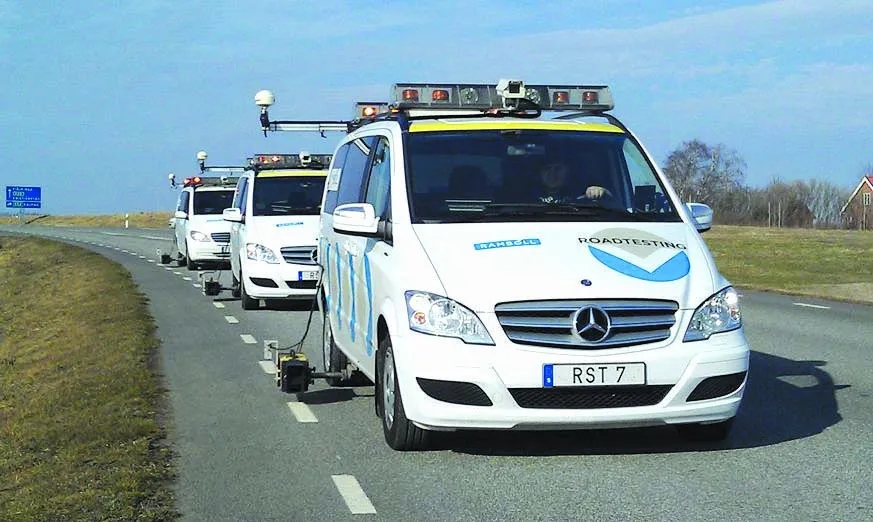New Jersey has joined Louisiana and North Carolina in with a law limiting the levels of arsenic and lead in glass bead products used for highway safety markings.
March 16, 2012
Read time: 2 mins
New Jersey has joined Louisiana and North Carolina in with a law limiting the levels of arsenic and lead in glass bead products used for highway safety markings. The law prohibits the manufacture or sale of reflective glass beads with high arsenic content and prohibits the state’s Department of Transportation and state's toll road authorities from using paint mixed with reflective glass beads for roadway markings.
Meanwhile, a total of 22 other states have adopted bid specification requirements which also prohibit use of heavy metals in glass beads. The American Glass Bead Manufacturers’ Association has applauded the move, which will end the sale of cheap, low-quality glass beads made from recycled glass contaminated with heavy metals. There is widespread concern that water run-off from roads using these beads will be contaminated and cause subsequent environmental problems.
The legislation was impacted by the findings of the3986 New Jersey Institute of Technology/Rowan University study, funded by the 2555 New Jersey Department of Transportation. That study revealed that a growing number of imported glass bead products for highway markings exhibit high concentrations of heavy metals, including arsenic and lead. Prior research work has shown that imported glass beads do have high levels of arsenic and lead and were quickly susceptible to leaching with exposure to ground water and normal environmental conditions. The high levels of these heavy metal substances pose a hazard to highway worker safety and an environmental threat in terms of runoff into the soil, surface water, and drinking water, according to the association.
The trade group notes that glass beads manufactured by companies in emerging nations continue to use glass made from old glass-making techniques which require chemical modification resulting in products containing high levels of arsenic and lead. In comparison, US producers use environmentally-friendly materials such as recycled flat glass to make their glass beads which do not contain high levels of arsenic and lead. These glass bead products are primarily used for highway safety markings, providing the light-reflective lane markings found on highways around the world.
Over the past several years, the association has raised awareness of the issue, citing the need to hold all manufacturers to higher quality standards that protect the environment and highway worker safety by avoiding the use of products that contain hazardous materials. The focus on avoiding the use of glass beads containing hazardous materials is intensifying globally with the1116 European Union, Australia, New Zealand, and several Canadian provinces already setting similar standards.
Meanwhile, a total of 22 other states have adopted bid specification requirements which also prohibit use of heavy metals in glass beads. The American Glass Bead Manufacturers’ Association has applauded the move, which will end the sale of cheap, low-quality glass beads made from recycled glass contaminated with heavy metals. There is widespread concern that water run-off from roads using these beads will be contaminated and cause subsequent environmental problems.
The legislation was impacted by the findings of the
The trade group notes that glass beads manufactured by companies in emerging nations continue to use glass made from old glass-making techniques which require chemical modification resulting in products containing high levels of arsenic and lead. In comparison, US producers use environmentally-friendly materials such as recycled flat glass to make their glass beads which do not contain high levels of arsenic and lead. These glass bead products are primarily used for highway safety markings, providing the light-reflective lane markings found on highways around the world.
Over the past several years, the association has raised awareness of the issue, citing the need to hold all manufacturers to higher quality standards that protect the environment and highway worker safety by avoiding the use of products that contain hazardous materials. The focus on avoiding the use of glass beads containing hazardous materials is intensifying globally with the








